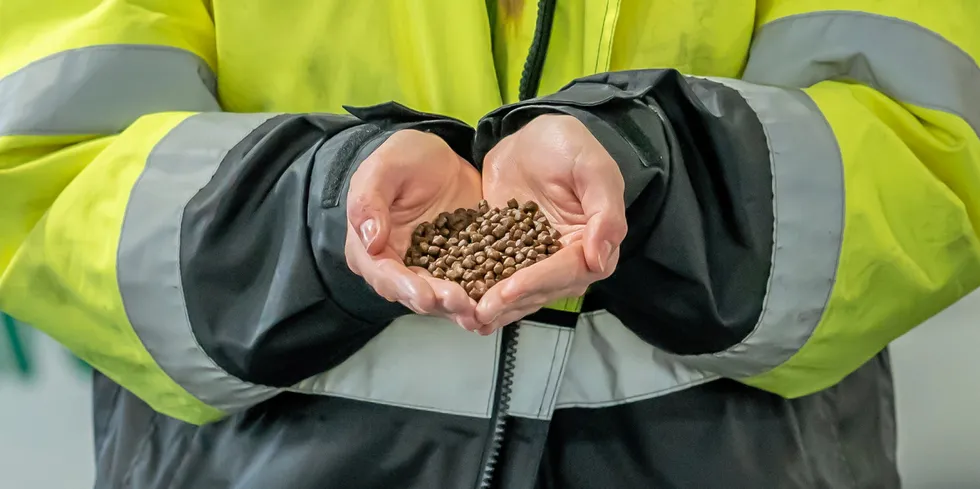Cargill heralds success of land-based salmon feed with Salmon Evolution's first harvest
Salmon Evolution harvested 30,000 salmon on Nov. 7 and plans to harvest the remaining 70,000 fish from the first batch during the fourth quarter.

Salmon Evolution harvested 30,000 salmon on Nov. 7 and plans to harvest the remaining 70,000 fish from the first batch during the fourth quarter.
